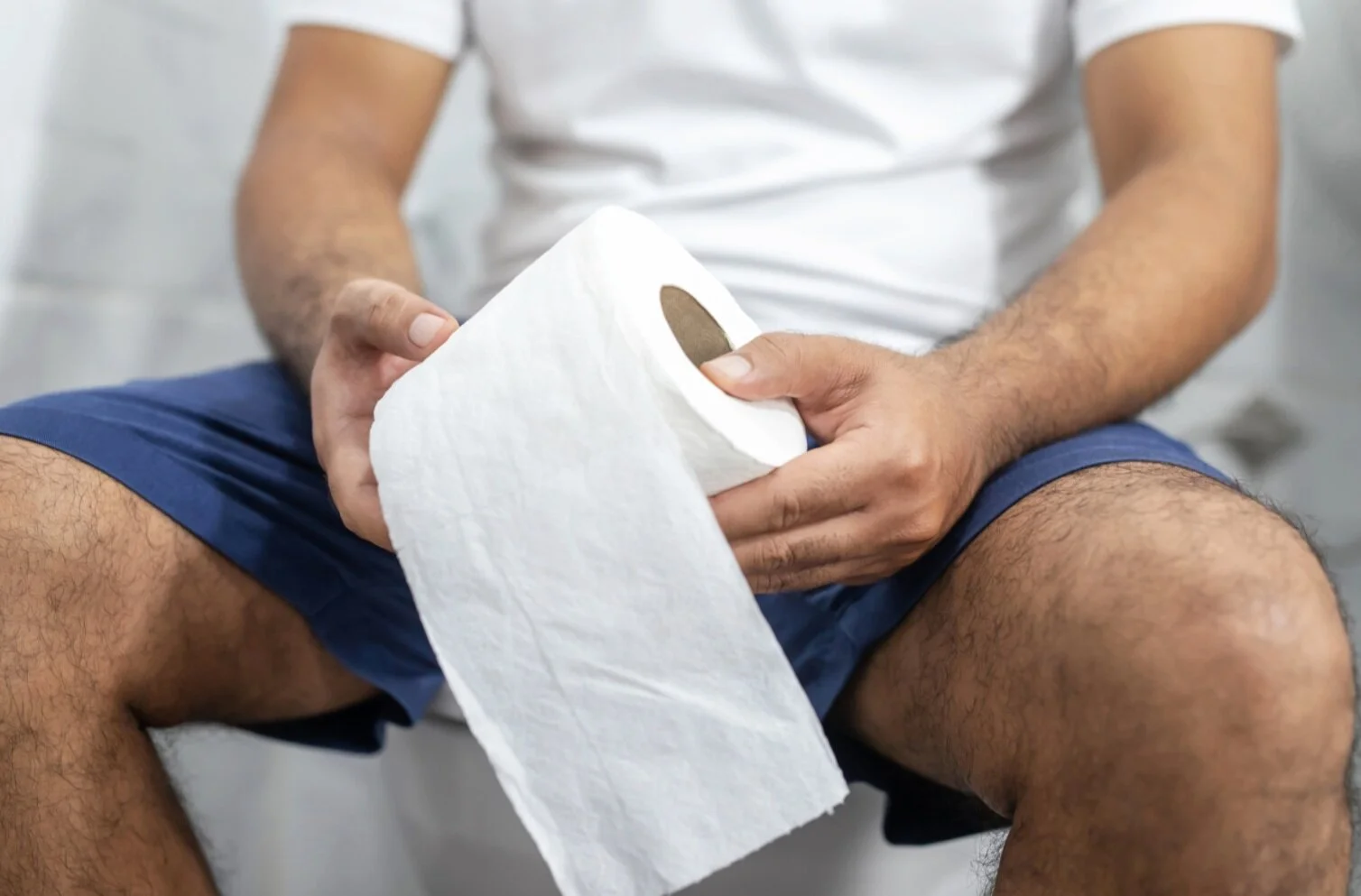Those who live with IBS (irritable bowel syndrome) can tell you this much: flare ups are the worst. Though this condition can make watching what you eat and day-to-day life more difficult, there are thankfully a variety of techniques and strategies you can use to control your flare ups and limit how often they occur.
The Difference Between Crohn’s Disease, Ulcerative Colitis, and Celiac Disease
6 Telltale Signs You Have Diverticulitis
You may have heard the term diverticulitis, but there is a good chance you don’t know exactly what it is or what the symptoms of diverticulitis are. Read on to find out more about the signs of diverticulosis and how to determine whether or not you have it.
All About Colon Polyps
Although colon polyps are very common and usually benign, many people are often unaware of their presence, or the more serious risk they could pose down the road. Today we’ll be highlighting everything you need to know about colon polyps, including what they are, the kinds you can get, risk factors that make you vulnerable and the kinds of treatment options at your disposal.
Crohn's Disease Diet: What Are The Best Foods For Crohn's Disease Patients?
Although Crohn’s disease symptoms can be uncomfortable and unpredictable, some simple lifestyle changes can improve them drastically. For example, there are specific foods that are great for supporting your digestive system and others that people with Crohn’s disease should avoid if possible. Here’s our list of the best foods for patients with Crohn’s disease:
What Causes Pilonidal Cysts: Determining Your Risk Factor
Many people have never heard of pilonidal cysts and may not even be aware that they have them until the symptoms become more severe. If left untreated, infected pilonidal cysts can become dangerous. That’s why we’re going to go over just what pilonidal cysts are, what causes them, the risk factors, and how to treat them.
What Are the Different Types of Hemorrhoids?
Hemorrhoids are unfortunately, part of life for many patients. Despite the fact that hemorrhoids are so common, many people aren’t aware that there are several different types of hemorrhoids. So, how can you tell the difference? Today we’ll walk you through the four common types of hemorrhoids and the symptoms associated with each one.
What Types of Conditions Does A Colorectal Doctor Treat?
Understanding Your Colorectal Cancer Screening Options
The most important thing to remember with colon cancer is that early detection can mean all the difference for effective treatment and even prevention. Thankfully, there are a few colorectal cancer screening options you can choose from to make sure you stay healthy.
What Is The Difference Between IBS & IBD?
4 Anorectal Conditions Treated At The Colorectal Clinic Of Tampa Bay
At Colorectal Clinic of Tampa Bay, our colorectal specialists treat a myriad of intestinal, rectal, and colorectal conditions. People with a wide range of issues can seek treatment from our specialists for everything from complex diseases like colorectal cancer to other colorectal ailments including inflammatory bowel disease (IBS), diverticulitis, and much more. Below, we take a look at 4 anorectal diseases we treat, including what they are and how they are best treated.
The Difference Between A Perianal Abscess & Hemorrhoid
How Big Of A Role Does Genetics Play In Colorectal Cancer Risk?
The American Cancer Society estimates that about 1 in 21 men and 1 in 23 women in the United States will develop colorectal cancer at some point in their lifetime. Knowing your family’s history is an especially important factor in early detection for many cancers, especially colorectal cancer. When it comes to colorectal cancer, your genetics play a huge role in determining whether you might be at a higher risk of developing the condition. In this article, we will discuss the genetic predisposition for colon cancer, including how to know if you have a gene for hereditary colon cancer.















